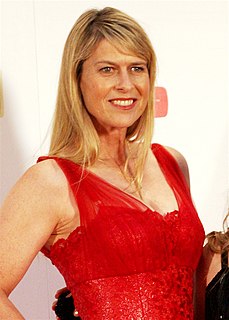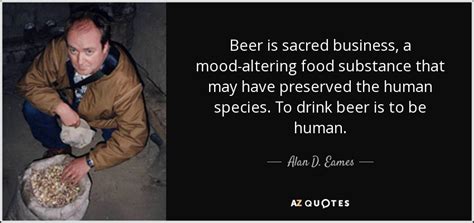A Quote by Jeffrey Bowyer-Chapman
From the most remote of villages to the largest metropolitan cities, we, as a species, have the same internal need to be seen, heard, and validated. It is the most human of traits that I have witnessed and experienced the world over.
Related Quotes
Ideas come from the Earth. They come from every human experience that you’ve either witnessed or have heard about, translated into your brain in your own sense of dialogue, in your own language form. Ideas are born from what is smelled, heard, seen, experienced, felt, emotionalized. Ideas are probably in the air, like little tiny items of ozone.
we need poetry most at those moments when life astounds us with losses, gains, or celebrations. We need it most when we are most hurt, most happy, most downcast, most jubilant. Poetry is the language we speak in times of greatest need. And the fact that it is an endangered species in our culture tells us that we are in deep trouble.
We talk to ourselves incessantly about our world. In fact we maintain our world with our internal talk. And whenever we finish talking to ourselves about ourselves and our world, the world is always as it should be. We renew it, we rekindle it with life, we uphold it with our internal talk. Not only that, but we also choose our paths as we talk to ourselves. Thus we repeat the same choices over and over until the day we die, because we keep on repeating the same internal talk over and over until the day we die. A warrior is aware of this and strives to stop his internal talk.
We need a more holistic approach in which we take account of society's most vulnerable sectors. We shouldn't just do broad averaging of country statistics but rather we need to disaggregate the data to determine where the resources are most needed. In most cases, it's usually the reverse: those who are most marginalized - minorities and rural and remote communities - get the least attention and money.
Never to have seen anything but the temperate zone is to have lived on the fringe of the world. Between the Tropic of Capricorn and the Tropic of Cancer live the majority of all the plant species, the vast majority of the insects, most of the strange ... quadrupeds, all of the great and most of the poisonous snakes and large lizards, most of the brilliantly colored sea fishes, and the strangest and most gorgeously plumaged of the birds.




































